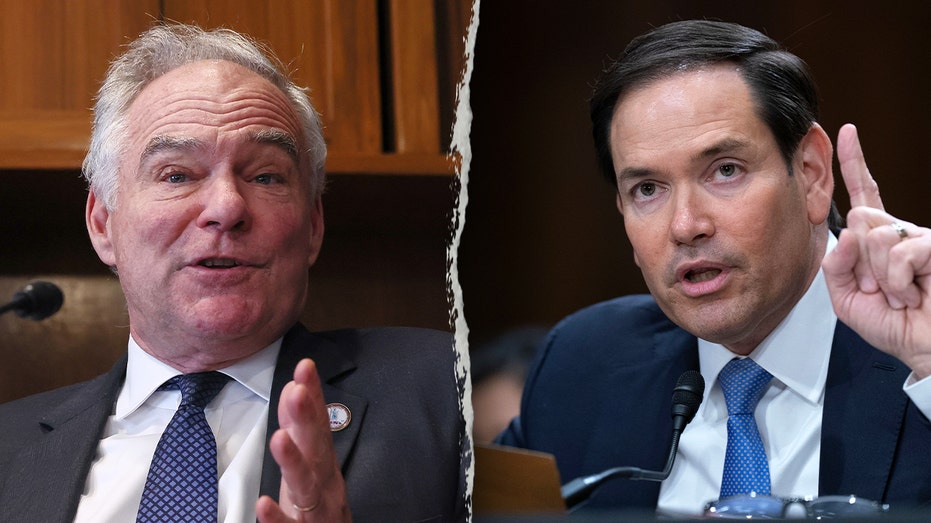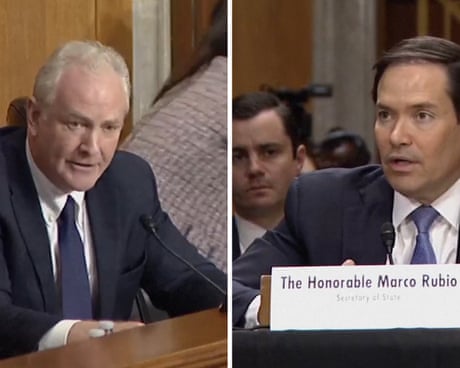Rapid snowmelt threatens water supply in the US West, while tornado survivors in Mississippi await aid amid FEMA changes. Concerns rise over tornado outbreaks and stalled Hamas-Israel talks.
Why World Pulse Now?
Unified Coverage
All major sources, one page
Emotional Lens
Feel the mood behind headlines
Trending Topics
Track trends across continents
Read Less, Know More
Sharp summaries of big moments
Live Stats
9,643
123
212
5 hours ago
Mobile App
Get instant summaries, explore trending stories, and dive deeper into the headlines — all in one sleek, noise-free mobile experience.
Stay in the Loop
Get the latest news and insights delivered straight to your inbox
Why World Pulse Now?
Unified Coverage
All major sources, one page
Emotional Lens
Feel the mood behind headlines
Trending Topics
Track trends across continents
Read Less, Know More
Sharp summaries of big moments
Live Stats
9,643
123
212
5 hours ago
Mobile App
Get instant summaries, explore trending stories, and dive deeper into the headlines — all in one sleek, noise-free mobile experience.
Stay in the Loop
Get the latest news and insights delivered straight to your inbox





